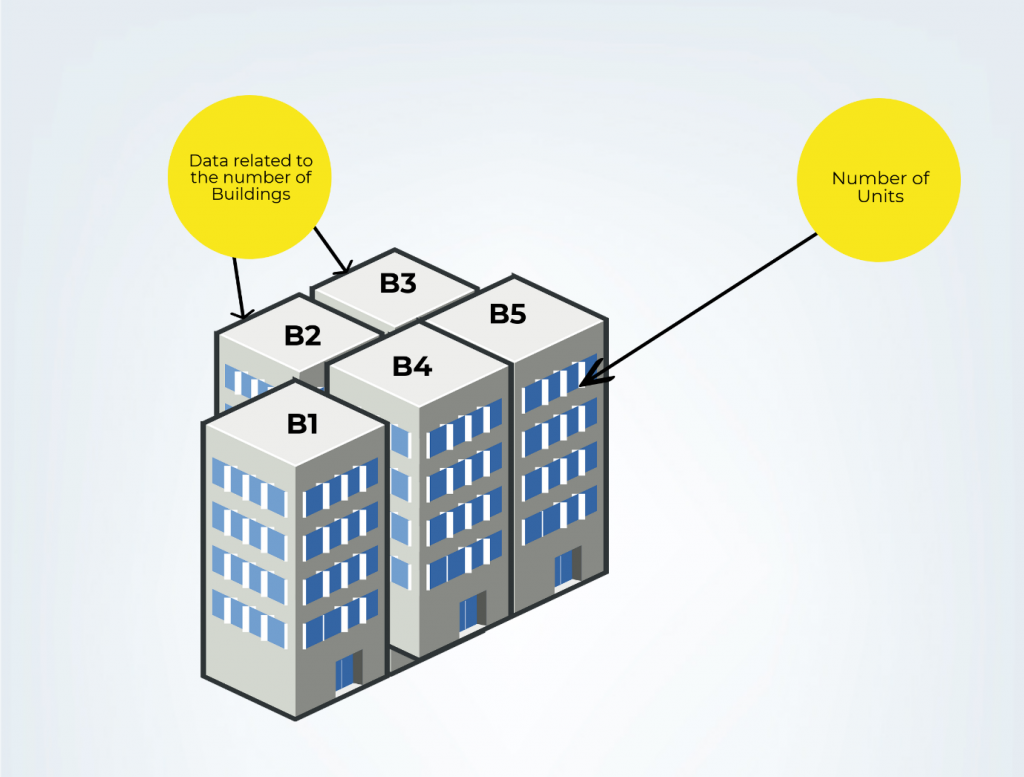As a real estate developer, what is the biggest challenge your sales and marketing department face? If I’m not too wrong, it would be data management. Be it keeping track of all your developments and properties within each development, or maintaining records of all your deals, payment installments and commissions to be paid; data management is a humongous job for sure! So, yes, a CRM for Real Estate is absolutely necessary.
However, purchasing any off-the-shelf solution is not very helpful here. In fact, if you are struggling to manage your business with a generic CRM system so far, you know the pain already.
Truth be told, the sales cycle for a real estate developer is quite different than any other business. And therefore, the system you use to track and manage your sales cycle has to be different too.
Here, an industry specific CRM for real estate developers is your best bet!
Well, if you are purchasing a CRM for the first time, it is only but natural to be confused about what components to look for. So, here are the components you need to look for while purchasing a real estate developer CRM!
So how are your properties managed?

As a real estate developer, managing all your properties efficiently is your priority. You may have a single development, or you may be working on multiple developments. Each development has one or more buildings and each building has one or more units (Primarily: Main Unit, Parking Unit, Storage Unit and Cabana Unit).
Suppose you have a development called Northern Tower. There are five buildings, each of which has 40 apartments or main units. Let’s name the buildings as B1, B2, B3, B4 and B5. Each of the buildings has 50 separate parking units and 40 storage units.

So, for your Development Northern Tower, you are to manage 200 customers for 200 main units in total. Not only that, you have to keep track of which parking unit or storage unit is sold with which main unit.
Well, if you are managing all this without a proper system in place, it becomes super-difficult. And of course, to err is human!
So, your CRM system should be capable of:
You are practically lost in the ocean of data: prospect/ customer information, sales status, status of advance payment, installment status of different customers, status of all developments, buildings or units and much more.
Navigating the plethora of data is not easy! Your real estate developer CRM should make your life easier in this respect.
So, look for a CRM system that makes it work super-easy to find all the crucial data when needed, on just a click!
Whether you are into residential development or commercial, you are working with multiple unit types for sure. And it is crucial that your CRM provides you with modules that let you segregate the units as per their usage type and also lets you track multiple units against one customer. For example, if someone is purchasing one main unit, 2 parking units and 1 storage unit; you should be able to see which of the parking units and storage unit are sold with which main unit and vice versa.
So, look for a CRM system that makes managing, adding or tracking all units (including main units and any other unit types that you may have) as easy as a breeze.
For any real estate developer, there are a number of components when it comes to a deal. While for most businesses it’s just customer, deal value and sales cycle that are of importance; for a real estate developer there are a lot of components such as first offer, final offer, brokerage commission, number of instalments, attorney fees etc. that have to be tracked.
And, it will get more complex as your business grows. So, tracking each and every details of a deal manually is next to impossible.
So, when you are looking at purchasing a real estate developer CRM for your business, look for one that lets you track all these crucial components at one glace.
TIME! This is more precious than money (isn’t it?). So why not make it easier for you and your business?
Do you keep a track of how many times a day you write repetitive emails? Any idea about the amount of time you spend on completing mundane jobs? What if you could save that time and utilize it for exploring newer business avenues.
While making your CRM purchase decision, always check if
Going for a real estate developer CRM that offers great automation capabilities and saves you tons of time is the wisest decision here.
For any business, generating and keeping track of reports is super-critical. It helps you in assessing the health of your business and making the right decisions.
When it comes to real estate developers, reports such as stacking plan, deal sheet, installments due in the current month, total revenue for a single development are vital.
A customized real estate developer CRM will have all these reports pre-built in the system.
As a real estate developer, your sales cycle and deals differ from a standard ones. This is why industry specification is highly needed when it comes to CRM implementation. Instead of purchasing a horizontal CRM and customizing it for your requirement, going for an industry real estate developer CRM makes a lot more sense here.
Want to know how much time and money you can save by implementing the real estate developer CRM? Click on the below link to schedule a demo now!